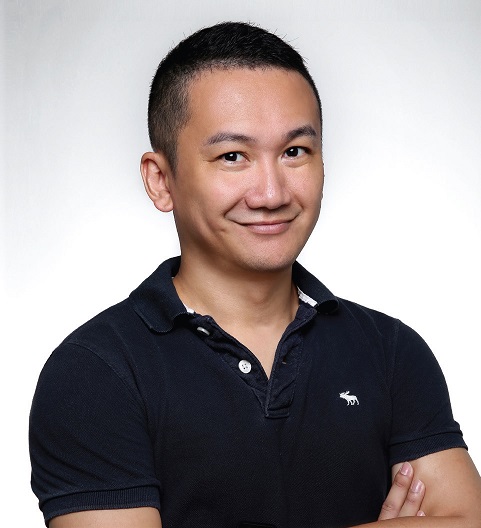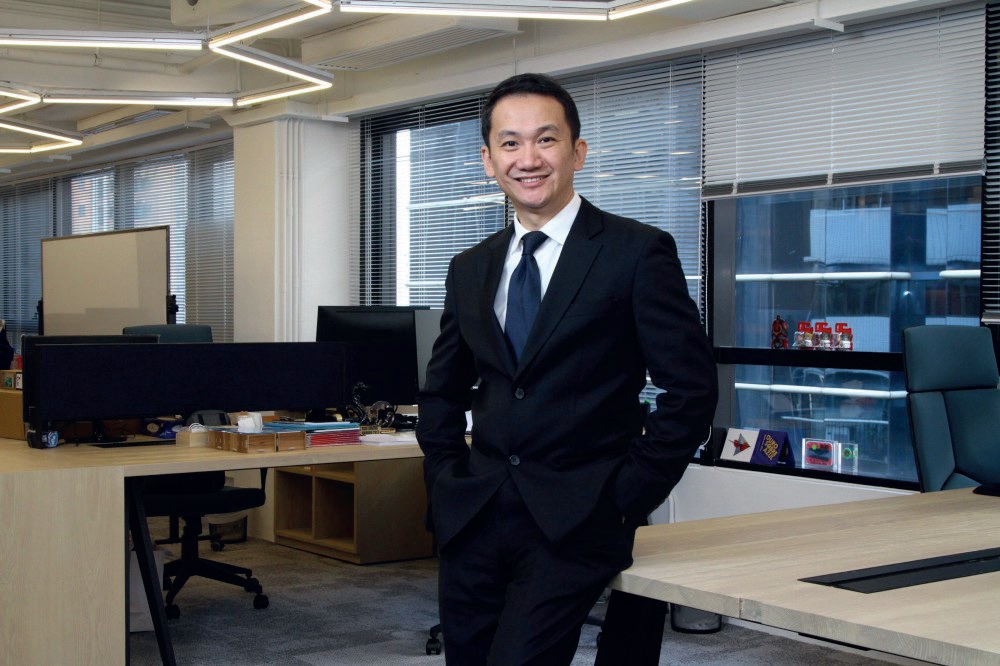How to spark and shape your next startup idea. By Raymond Chan
Steve Jobs, the iconic visionary behind Apple, once articulated the essence of creativity as “connecting things.” He said “creativity is about connecting things” and he further said, “When you ask creative people how they did something, they feel a little guilty because they didn’t really do it, they just saw something.
It seemed obvious to them after a while. That’s because they were able to connect experiences they’ve had and synthesize new things. And the reason they were able to do that was that they’ve had more experiences or they have thought more about their experiences than other people. Unfortunately, that’s too rare a commodity. A lot of people in our industry haven’t had very diverse experiences. So they don’t have enough dots to connect, and they end up with very linear solutions without a broad perspective on the problem. The broader one’s understanding of the human experience, the better design we will have.”
Image: Raymond Chan
He observed that those who create don’t always feel like inventors because their creation seems so obvious to them after a while. They achieve this by connecting their experiences and synthesizing them into something new. Jobs himself epitomized this approach by blending art with technology, a market that IBM had not foreseen. His sensitivity to aesthetic and functional coherence, coupled with his voracious appetite for learning, allowed him to connect the dots in ways others hadn’t.
Charlie Munger, the esteemed business partner of Warren Buffett, echoes this sentiment, emphasizing the importance of reading and broad learning as keys to wisdom and a broad perspective. “You’d be amazed at how much Warren reads — and at how much I read,” Munger said, highlighting the inexhaustible curiosity that fuels insight and innovation.
The catalyst of innovation
Innovation often finds fertile ground in the soil of change. Regulatory shifts, for instance, can rewrite the rules of an industry overnight, creating opportunities for startups to challenge established players. Similarly, new technologies frequently lay the groundwork for entirely new industries. The Internet, mobile technology and blockchain have all been catalysts of such transformation, creating seismic shifts that have spawned countless ventures. The current frontier, Generative AI, is another burgeoning field with uncharted potential, promising to redefine the landscape yet again.
Harvard Business School professor Clayton Christensen extensively studied how established companies often fall prey to “The Innovator's Dilemma,” sticking rigidly to their business models and failing to adapt to disruptive innovations. Kodak serves as a stark example, a company that — despite inventing digital photography — remained fixated on the quality of film and missed the surging demand for digital convenience. Sony and others seized upon this oversight and eclipsed Kodak by leveraging the very technology it had pioneered.
Shaping the future with connecting the dots
The path to innovation is not a straight line; it is a dance with change, requiring agility, and the willingness to pivot in response to new information and trends. As Christensen's research underscores, adaptability is crucial for survival and success. Startups must remain vigilant, ready to evolve their business models and technologies in anticipation of the market's ever-changing needs.
By connecting the dots, as Steve Jobs said, across a broad spectrum of experiences and embracing the winds of change, today’s entrepreneurs can construct the edifices of tomorrow's industries, ensuring their ideas not only take flight but soar into the realms of lasting impact.
ABOUT RAYMOND CHAN
Raymond is a software engineer by profession with a track record in corporate innovation and entrepreneurship. He co-founded two prosperous startups, TGG Interactive and Global Gaming Group in Asia, where he served as director and CEO to lead the customer intelligence and electronic gaming businesses from 2007 to 2018. Earlier in his career, Raymond was a founding member of the business intelligence team at E*TRADE from Morgan Stanley and played a pivotal role in designing the TiVo customer intelligence system in Silicon Valley.



.gif)















